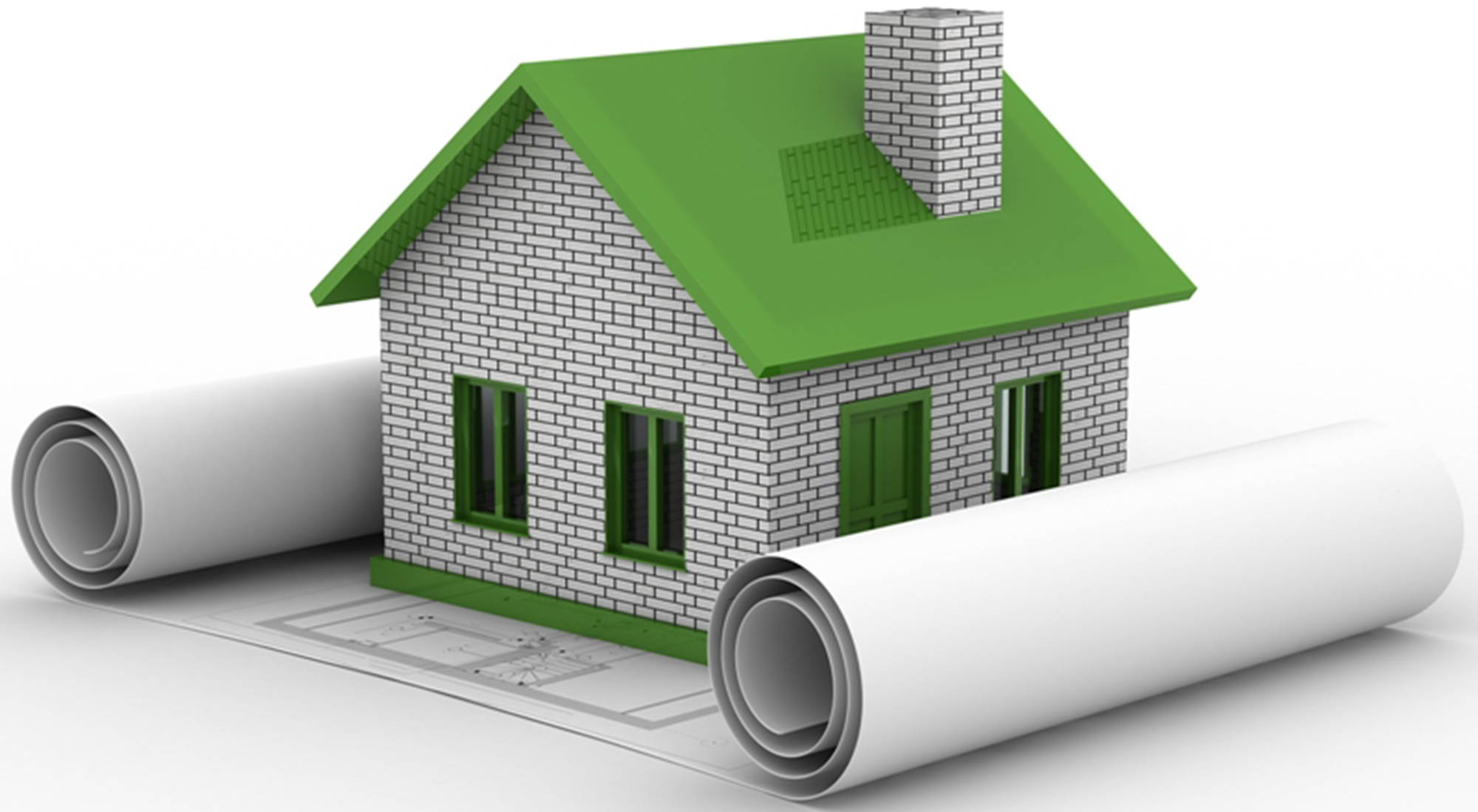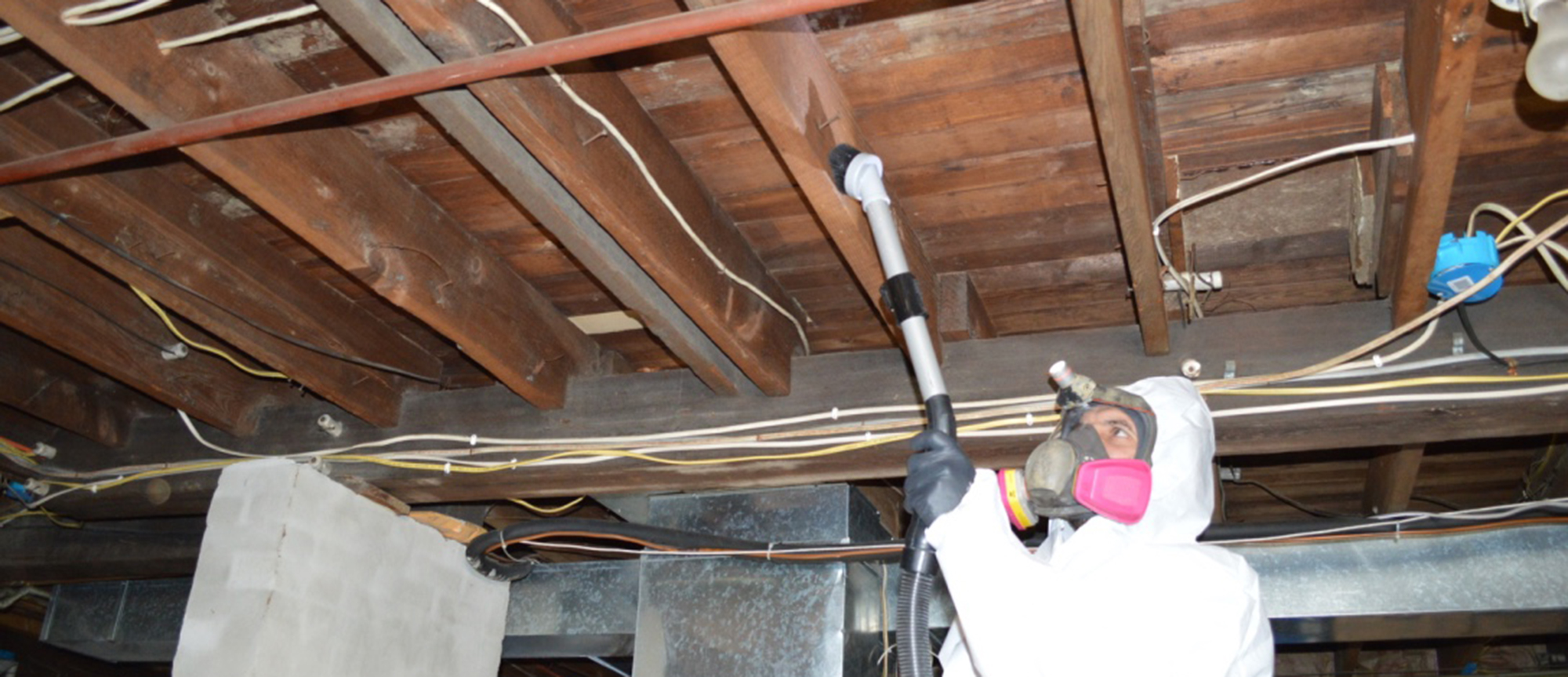
South Jersey homeowners are striving every day to conserve energy and minimize energy waste. From HVAC systems to insulation to air sealing, tightening up the home can both reduce your energy bill and reduce your carbon footprint. Whether it is for the the sake of our pockets or for the sake of the environment, energy efficiency is at the forefront of most homeowners’ priorities. If properly done, making your home more energy efficient can also actively control moisture levels in your home to prevent indoor mold development. However, getting it just right can be complicated. If done improperly, you could be unknowingly sealing up your New Jersey home TOO tight and leaving it vulnerable to moisture buildup and indoor mold growth.
Indoor Mold Growth in Your Energy Efficient Home South Jersey
Energy efficiency is about a balance. Highly insulated and thoroughly sealed homes mean less indoor-outdoor air exchange. This is fantastic for energy efficiency; less air escaping the home means less energy to maintain comfortable room temperature. However, reduced indoor-outdoor air exchange can also mean reduced air circulation and ventilation and increased risk of trapping moisture with no escape. Properly implemented energy efficiency tactics should always take into consideration moisture control. An important part of energy efficiency is trying to avoid sealing the home up too tightly and maintain adequate ventilation where necessary.
The Standard 62.2-2010 set by The American Society of Heating, Refrigerating, and Air-Conditioning Engineers (ASHRAE) lists recommended levels of fresh-air ventilation for different types of buildings or rooms within buildings. This standard takes into consideration the size of the space, number of occupants, and use of the space. These levels reflect optimal energy usage, comfort, and health and should be followed by contractors anytime an extensive retrofit of a building is undertaken.
Air Leaks VS. Controlled Ventilation
Air leakage occurs when outside air enters and conditioned air leaves your house uncontrollably through cracks and openings. These are unintended paths of air movement in and out of the house that can allow for too much air to enter the home during the cooler months and not enough air to enter during the warmer months. This will have negative implications for your indoor air quality and contribute to moisture problems. Sealing up the air leaks will amp up your home’s energy efficiency and also reduce risks of moisture buildup and indoor mold growth.
On the other hand, while sealing your home is a great idea, the end goal is not complete air tightness. When creating an energy-efficient, airtight home through air sealing, the recommended strategy is to reduce as much unintended air leakage as possible AND establish controlled ventilation as needed.

Identifying Moisture Sources to Prevent Indoor Mold
Moisture from outside air, showers, cooking, plumbing leaks, and human activity are all variables that must be taken into consideration when air sealing your home. Tightening a house can close off avenues where moisture previously escaped, so it is important to identify how and where moisture is generated and how it can be controlled. Some moisture in the air is desirable, but as with ventilation, a balance must be struck, because over time, excessive moisture can lead to indoor mold growth in your New Jersey home.
Installing Fan Systems
For rooms within the home that tend to frequently experience dampness like bathrooms and kitchens, ASHRAE recommends installing adequate fan systems to promote controlled air circulation and ventilation. Fan systems should be set up to direct warm, moist air away from the home. If you have existing fan systems, check that they empty outside of the home and not somewhere indoors like the attic.
In some cases, fan systems are installed to empty into the attic. If your fan system is setup to empty into your attic, you are at risk of moisture buildup in your attic. You will need to make additional ventilation adjustments in your attic to prevent attic mold growth.

Discovering Indoor Mold in a South Jersey Home
Mold has a nasty habit of hiding in difficult to see and access spaces. During an energy efficiency assessment, the South Jersey homeowner or the technician may stumble upon undetected mold development. If this is the case, you should stop any work that is being done to that area of the home and consult a mold professional in your South Jersey area. A certified South Jersey mold removal professional will have the necessary tools, skills, and knowledge to properly address any mold development.
Do not simply ignore potential mold development. Especially if you are in the processes of installing insulation or sealing up air leaks. Neglected mold growth will be sealed in and left to spread to and contaminate clean, previously unaffected surfaces throughout your South Jersey home.


